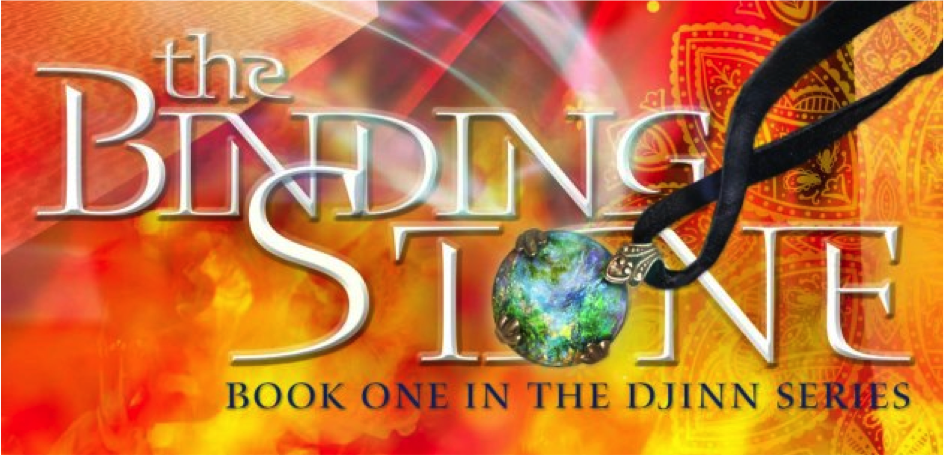Indie:
- Pros:
- You control the quality of everything from each word to the cover. It's all your decision and if it doesn't fit your vision, you don't have to do it.
- Cons:
- You control the quality. Yup here we go again! See, here's the thing... Having a good editor is priceless. I truly believe if you don't have your book edited, you shouldn't put it out there. There are things you just can't see because you are too close to it. Great beta readers are important, but you need a healthy line edit and of course copy editing as well to make it perfect - or as close as you can get it. It's so important that I can't stress this enough. You have to rely on others to help you out. A great cover artist is important too. You have final say - and that's awesome! But you have to take your time and approach it like a business and DO IT RIGHT.
Traditional:
- Pros:
- You are dealing with a known quantity. You can go to B&N and see their work for yourself. You can rely on the professionals and know that you are in good hands.
- Cons:
- You usually don't have much of a say (if any) in things like cover art and design. Sometimes even marketing. I know of authors who've had issues with the ages their publishers have suggested on both ends of the spectrum (too young and too adult).
Confused yet? Next week is round 4: Audience.








